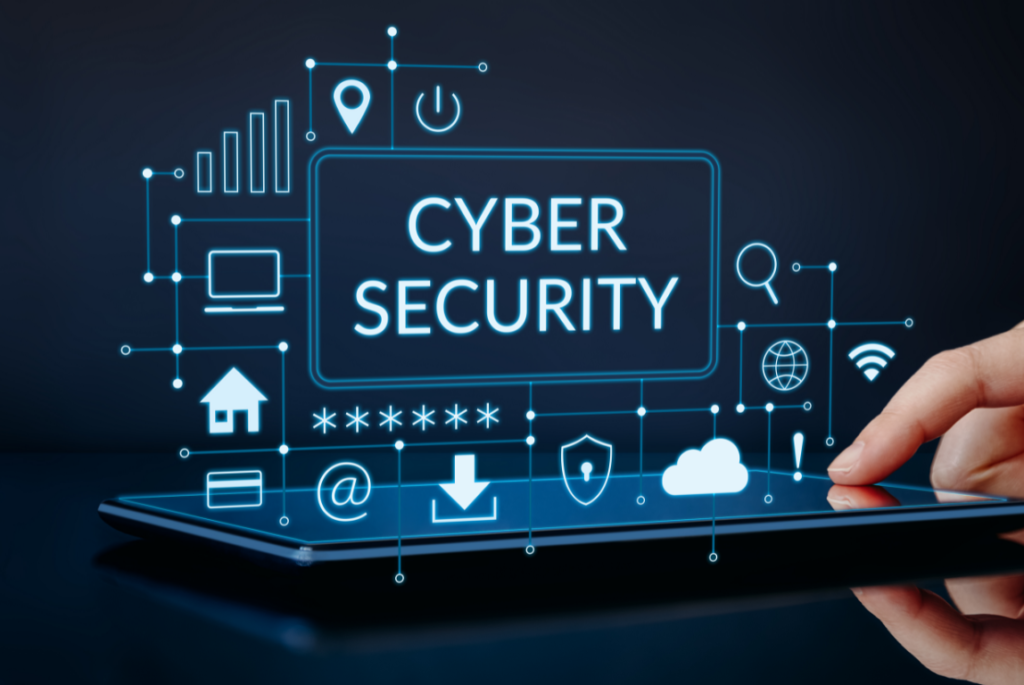
CompTIA Security+: Unlocking Opportunities in Cybersecurity through Skills and Certifications
In the rapidly evolving field of cybersecurity, professionals need to equip themselves with the right skills and certifications to stay ahead of the game. One certification that stands out is CompTIA Security+, a widely recognized credential that validates essential cybersecurity knowledge and opens doors to numerous career opportunities. In this blog, we’ll explore the value of CompTIA Security+ and how it can help you develop the skills needed to excel in the field of information security.
Understanding the Value of CompTIA Security+
CompTIA Security+ is an industry-leading certification that provides a vendor-neutral and globally recognized foundation in cybersecurity knowledge. It validates the skills necessary to perform core security functions and pursue a career in various cybersecurity roles. Here are some reasons why CompTIA Security+ is highly regarded:
1. Industry-Recognized Credential: CompTIA Security+ is widely recognized by organizations and employers globally. It demonstrates your competence in cybersecurity fundamentals and increases your credibility in the job market.
2. Continuous Learning and Professional Development: Maintaining CompTIA Security+ certification requires earning Continuing Education Units (CEUs) periodically. This encourages continuous learning and ensures that certified professionals stay up-to-date with the latest trends and best practices in cybersecurity.
3. Broad Coverage of Cybersecurity Domains: The CompTIA Security+ exam touches on various domains within cybersecurity, including network security, threat management, cryptography, access control, and more. This comprehensive coverage helps you develop a well-rounded understanding of the field.
4. Vendor-Neutral Knowledge: CompTIA Security+ provides a vendor-neutral approach to cybersecurity, focusing on core concepts and principles rather than specific products. This versatility enables professionals to adapt and work with different security technologies and solutions.
5. Entry-Level Certification and Career Pathways: CompTIA Security+ serves as an excellent entry point for individuals looking to start a career in cybersecurity. It equips professionals with foundational knowledge and acts as a gateway to higher-level certifications, such as Certified Information Systems Security Professional (CISSP), Certified Ethical Hacker (CEH), or Offensive Security Certified Professional (OSCP).
Developing Essential Cybersecurity Skills with CompTIA Security+
CompTIA Security+ certification seeks to validate several fundamental security skills that are crucial for professionals in the field. By preparing for and earning this certification, you can develop the following essential skills:
1. Threat Identification and Vulnerability Management: Understand and identify common threats and vulnerabilities in a network or system. Learn how to apply risk management principles and implement security controls to mitigate these risks effectively.
2. Secure Network Implementations: Gain knowledge of secure networking principles, including network architecture, protocols, and best practices. Master techniques for securing wired and wireless networks to protect against unauthorized access and data breaches.
3. Incident Response and Recovery: Develop skills in identifying and responding to security incidents. Learn about incident handling procedures, mitigation techniques, forensic analysis, and recovery strategies to minimize the impact of security breaches.
4. Identity and Access Management: Understand principles and practices related to identity and access management, including user authentication, authorization, and secure access controls. Acquire knowledge of multi-factor authentication, biometrics, and identity management frameworks.
5. Cryptography and PKI: Familiarize yourself with cryptographic systems and protocols, along with their practical applications in securing data, communications, and infrastructure. Learn about public key infrastructure (PKI), encryption algorithms, digital signatures, and certificate management.
Preparing for the CompTIA Security+ Exam
To successfully obtain your CompTIA Security+ certification, consider the following steps:
1. Explore Available Resources: CompTIA offers official study materials, including study guides, practice exams, and online training courses, to help you prepare for the exam. Make use of these resources to familiarize yourself with the exam objectives and ensure comprehensive coverage of the topics.
2. Hands-On Experience and Practice: Combine theoretical knowledge with practical experience. Set up a home lab environment or leverage virtualization technologies to experiment with security tools, techniques, and concepts covered in the exam. Hands-on practice helps reinforce your understanding and prepares you for real-world scenarios.
3. Join Study Groups and Engage in Discussions: Engage with peers who are also preparing for the CompTIA Security+ exam through study groups or online communities. Collaborating with others allows you to share knowledge, clarify doubts, and gain different perspectives on the exam topics.
4. Take Practice Exams: Practice exams can help you assess your readiness for the actual exam and identify areas for improvement. Familiarize yourself with the question formats, time constraints, and focus on strengthening weak areas.
5. Maintain a Study Schedule: Create a study plan that suits your learning style and schedule. Allocate dedicated time for self-study, practice exams, and hands-on labs. Consistency and regular review of the exam content are key to success.
Embracing a Career in Cybersecurity
CompTIA Security+ certification offers a solid foundation for pursuing a rewarding career in cybersecurity. With the right mix of practical experience, industry knowledge, and professional development, you can unlock a world of opportunities in a field that is in high demand. So, take the first step, delve into the world of CompTIA Security+, and embark on an enriching journey toward a successful cybersecurity career.
Remember, continuous learning, hands-on practice, and a passion for cybersecurity will ensure that you stay ahead of emerging threats and remain a valuable asset in the world of information security. Good luck on your cybersecurity certification journey!